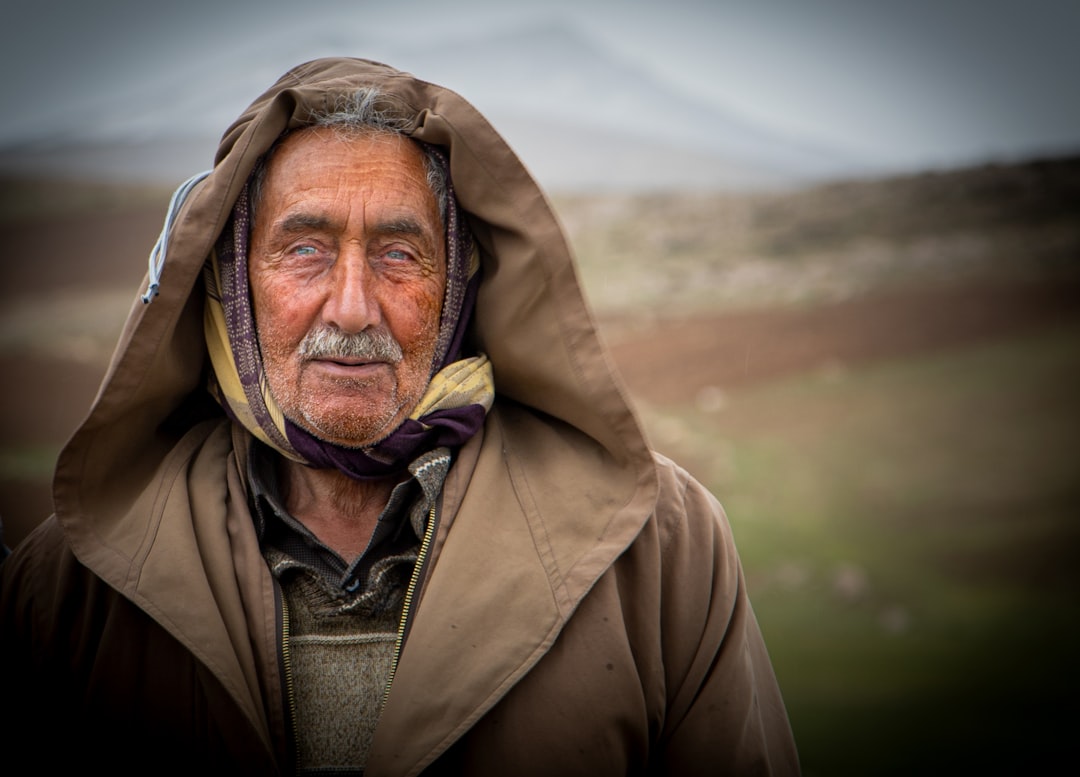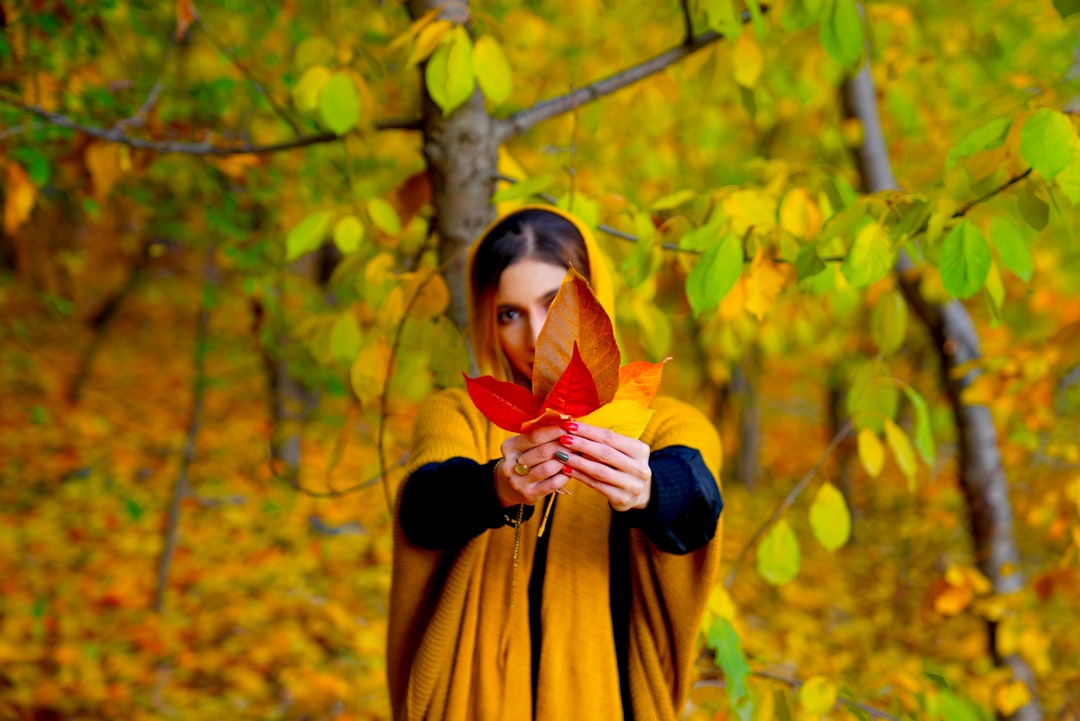Welcome back to Wisdom from the Golestan of Saadi.
This Hekayat (Tale) is the second story from Chapter Six ("On Weakness and Old Age") of the Gulistan (The Rose Garden) by the great Persian poet Saadi Shirazi. It is a famous anecdote that humorously and frankly explores the irreconcilable nature of extreme age differences in marriage. The story features an old man who attempts to persuade a young woman with rational arguments about his stability, experience, and kind temperament. However, the tale quickly turns upon her sharp, memorable rejection, which highlights the young woman's preference for vitality and shared passion over prudence and comfort. This short narrative serves to illustrate the harsh reality that natural affinity often triumphs over logical persuasion when it comes to matters of the heart, forming a classic piece of moral and social commentary in Persian literature.
Saadi writes:
An old man once told me that:
He had sought a young woman in marriage, decorated the chamber with flowers for consummation of marriage, sat with her in private, fixed his eyes and heart upon her, and stayed awake long nights, telling jokes and pleasantries, hoping she would become comfortable and overcome her shyness.
The old man continued:
Among other things, I used to tell her: "Your high fortune and your lucky star were awake that you have fallen into the company of an old man who is experienced, nurtured, world-weary, settled, tasted the hot and cold of life, and tested the good and bad. He knows the right of companionship and fulfils the condition of love, compassionate and kind, pleasant-natured and sweet-tongued."
Poem: As much as I can, I'll win your heart, And if you hurt me, I will not be hurt.
And if your food were sugar like the parrot's, My sweet soul would be sacrificed for your upbringing.
"You have not fallen into the hands of an arrogant, reckless, sharp-headed, light-footed youth who cooks up a whim every moment, changes his mind every instant, sleeps in a different place every night, and takes a new friend every day."
Poem: Do not expect faithfulness from the nightingales, For they sing on a different rose every moment.
"Unlike old men, who live by wisdom and manners, not according to the dictates of youthful folly."
Poem: Seek someone better than yourself, and consider it an opportunity, For with someone like yourself, you will waste your time.
He said: "I spoke to her in this manner so much that I thought her heart had been bound to me and she had become my prey. Suddenly, she breathed a cold sigh out of pain and said: 'All these words you have spoken do not weigh as much in the scales of my wisdom as a single saying I once heard from my midwife, who said: 'For a young woman, better a dart in the side than an old man in the bed.'"
Arabic Verses (Translation): When she saw before her husband Something like the relaxed lip of a fasting person,
She says, "This one with her is dead," And the charm is only for the sleeper.
Poem: A woman who rises from beside of her man unwillingly, Many a strife and battle will rise from that house.
An old man who cannot rise from his place Except with a cane—when will his cane rise? (A double entendre.)
In short, concord was impossible, and it ended in separation. When her iddah (waiting period) was over, she was married to a young man who was harsh and scowling, poor and ill-natured. She experienced oppression and cruelty, suffered hardship and misery, yet she continued to thank God for the blessing, saying: "Praise be to God that I was delivered from that grievous torment and reached this abiding bliss."
Poem: Despite all this oppression and ill-temper, I shall bear your burden, for you are fair of face.
To burn in torment with you Is better than to be in Paradise with another.
The smell of onion from the mouth of the fair-faced Is more pleasing than a rose from the hand of the ugly.
Moral in this Tale
The simple lesson here is that love and happiness aren't just about logic or money. The old man thought his experience and kindness would be enough, but the young woman preferred youthful energy and natural attraction—even if it meant being poor and dealing with a grumpy husband. She felt more connected and alive with the young man, despite the hardships. The story teaches us that in marriage, a shared feeling of vitality and being with someone who matches your spirit is often more important for true joy than safety, wisdom, or wealth.





